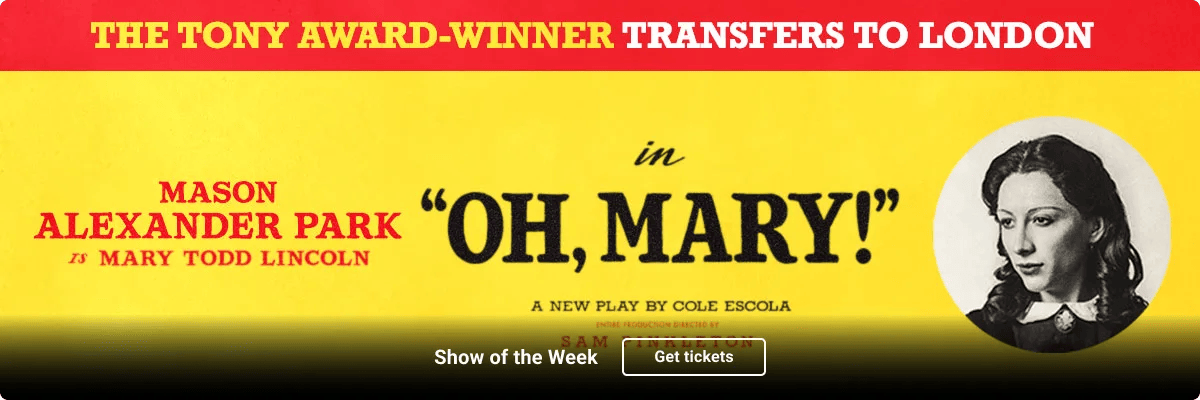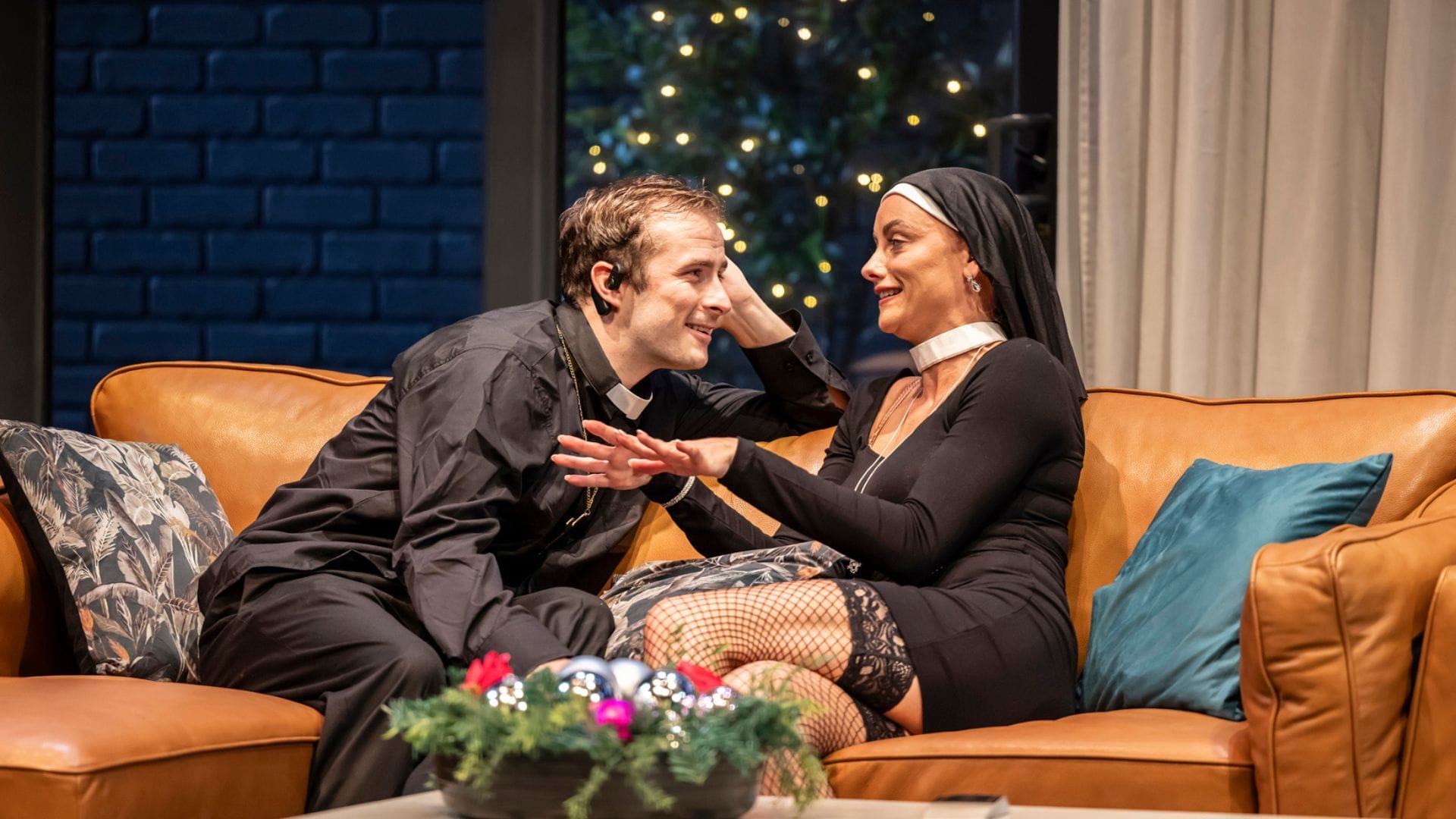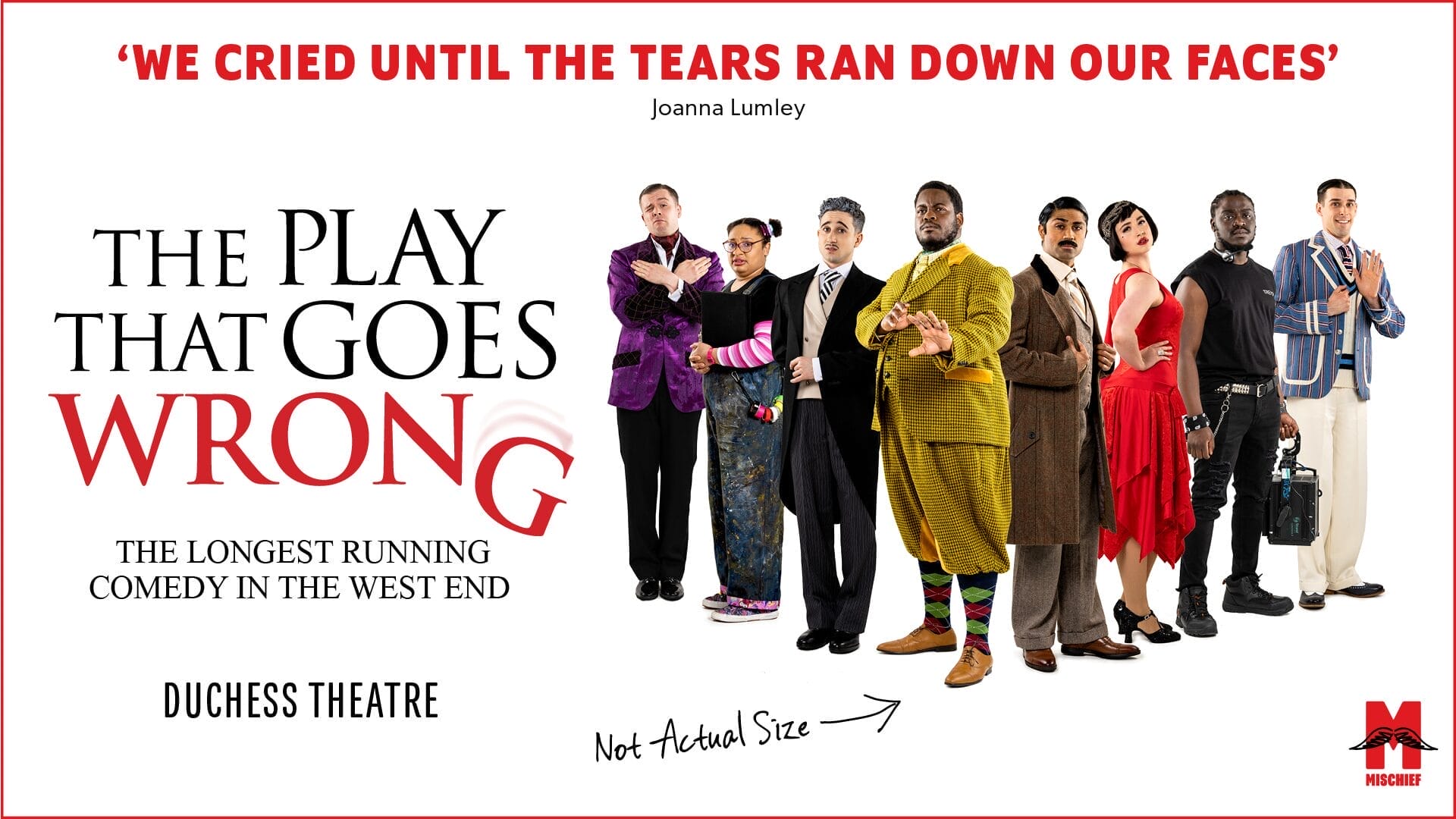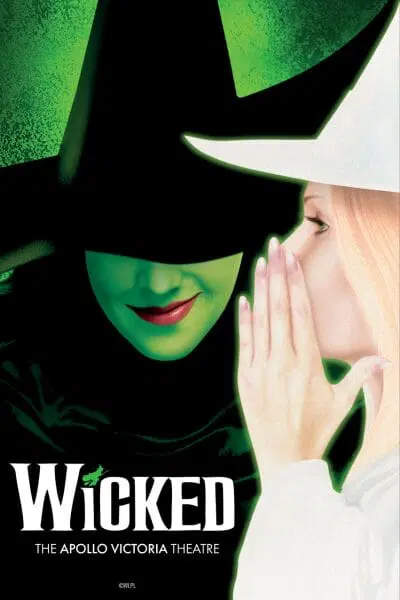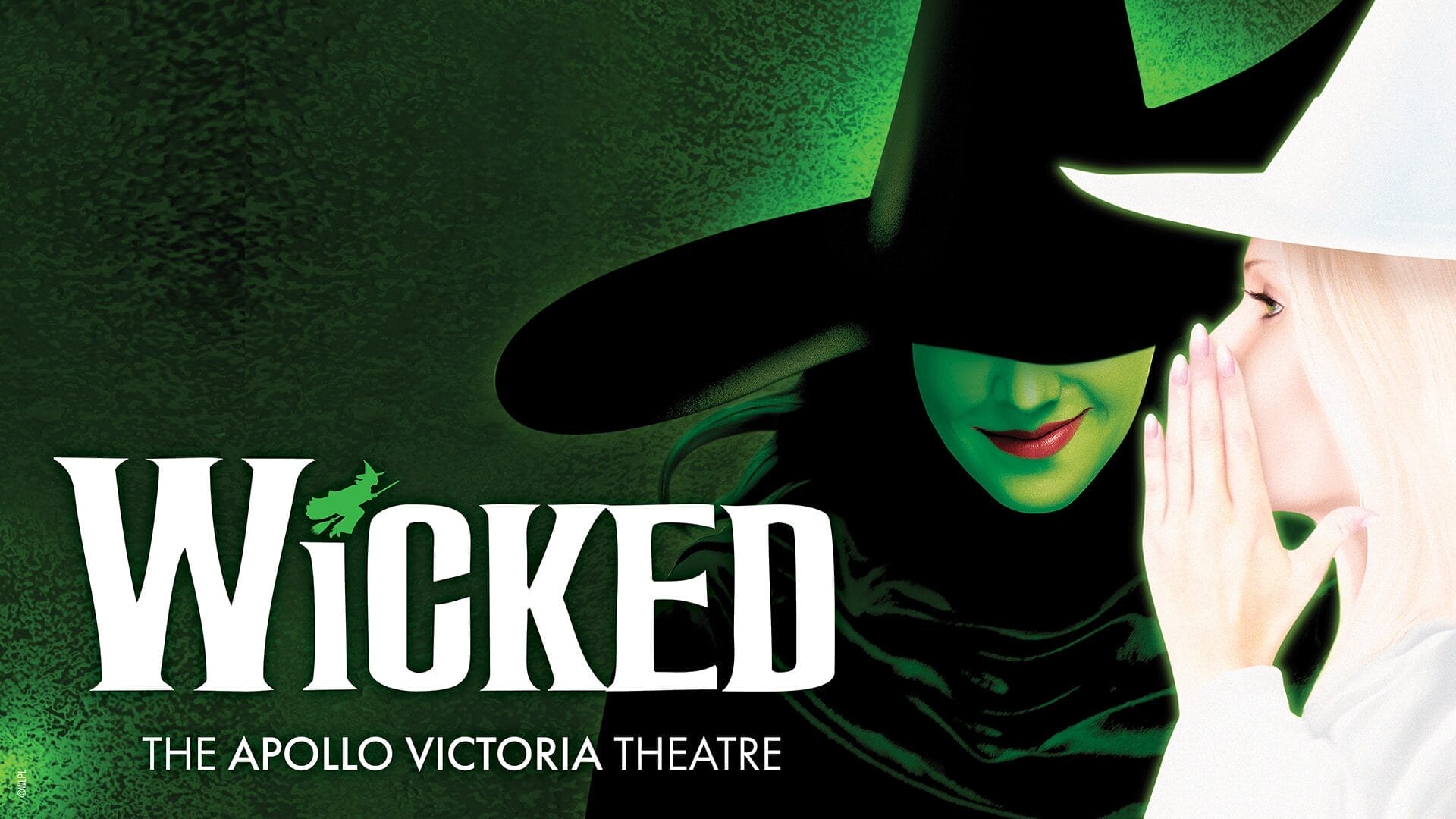Original Theatre’s Artistic Director Alastair Whatley stars in Micheál Mac Liammóir’s renowned play, The Importance of Being Oscar, which will run at Reading Rep Theatre from 24 May – 8 June.
The production sees Reading Rep Theatre reunite with director Michael Fentiman (Amelie, Jekyll & Hyde, The Lion The Witch & The Wardrobe), having directed the Reading Rep Production of Jekyll & Hyde before its transfer to The Royal Lyceum Theatre Edinburgh and subsequent Scottish tour.
The play will mark Alastair Whatley’s return to the stage, having last performed in the 2017 production of Torben Betts’ Invincible in New York. Whatley’s acting credits include Birdsong, The Importance of Being Earnest, Three Men in a Boat, See How They Run, Twelfth Night, Vincent in Brixton, Dancing at Lughnasa, Henry V (RSC and South Hill Park) and The Importance of Being Oscar, with which he toured the UK and Ireland in 2010 to 2011.
You’re starring in The Importance of Being Oscar at Reading Rep, what can you tell us about the play?
The Importance of Being Oscar is on one level a classic romp through the life and works of Oscar Wilde taking you from his early poems via the Picture of Dorian Grey and The Importance of Being Oscar to The Ballad of Reading Gaol. Yet it is also sizeably more than the sum of its parts and in Mike Fentiman’s production of Mac Liammóir’s play makes it almost a summoning of Wilde’s spirit.
You’ve had a little break from performing, what was it about Micheál Mac Liammóir’s play that tempted you back to the stage?
I performed this play when I was 25 in a production that originated down the road from Reading at South Hill Park in Bracknell before touring the UK. It felt like a mighty challenge at that time and feels equally challenging 15 years on, however the opportunity to connect to this great material now a little older and we would hope a little wiser was something I was very keen to do. To perform it at Reading Rep in the shadow of the building in which Wilde was imprisoned 125 years ago will be very special.
Alongside being Artistic Director, you’re also directing Birdsong for Original Theatre, what are you enjoying most about working across different projects?
There is never a dull moment! Mostly though it is the chance to collaborate in different ways with creative people from our Original Theatre small team to the creatives and actors. Sometimes I get the privilege of seeing a work through from its inception to its first show and there is a real thrill when that happens and you see the play which lived only as a half formed idea suddenly alive in front of an audience being heard for the first time.
After the run of Oscar I move into directing mode with a large touring production of Sebastian Faulks’ Birdsong which opens in Salisbury in September.
Why do you think Oscar Wilde’s story remains so relevant and interesting to audiences today?
Oscar Wilde was in many ways a man outside of time, yet of course he almost created time in the sense he almost singlehandedly shaped the aesthetic of the 1890’s in London. Wilde really was the first celebrity in perhaps our modern sense of that word, his flamboyance, his wit and his daring to be unashamedly himself meant he cut a dash through the heart of late Victorian England.
That legacy of daring to be yourself will speak through time and he has of course become an icon for the gay community. The speech in the play he gave in the court room about ‘the Love that dare not speak its name’ is one of the most powerful and brilliant pieces of oratory – full of defiance, pain and wit. Wilde was attune to the mark he would make on the world and had one eye on the future as much as the present – today he is whatever you wish him to be, icon, gay rights activist, celebrity, genius, wit, iconoclast and of course author of some of the greatest literature of the age.
What do you think will be the biggest challenge for you playing this role?
There is the technical challenge of playing multiple roles simultaneously, the challenge of concentrating absolutely for 90 minutes without a safety net in place, but more than anything it is the emotional challenge the second half of his story provides which is really quite profound in its own way. Doing justice to that journey and the writing from that period is one of the most incredible challenges.
What would you say to anyone thinking of booking to see The Importance of Being Oscar?
Book! To quote Oscar himself , “It was only in the theatre that I lived.”

